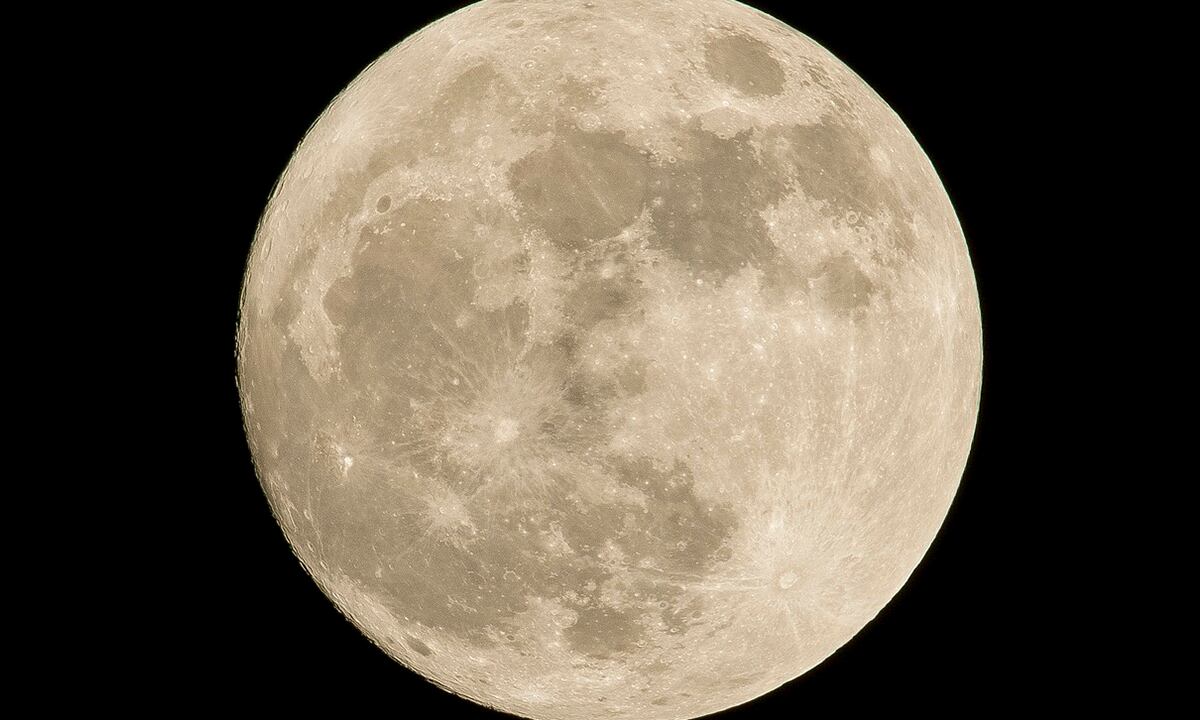
The UN warned this Tuesday, during an international conference in Viennathat the Moon cannot be exploited as has been done with the Earth in the past and that the use of the satellite has to be done in a coordinated and supportive manner among all countries.
“We cannot treat the Moon how we have treated Land. We have learned very late and the hard way. “We have the opportunity to do things differently,” said Aarti Holla-Maini, director of the United Nations Office for Outer Space Affairs (UNOOSA) in statements.
“We want to preserve the pristine nature of our only moon, because there is only one, just as there is one Earth and we have to preserve it. We can still do better, and that’s why we have to remember that it’s not about competing. “It’s about collaborating to get the best out of our only Moon,” added the British expert.
The UN headquarters in Vienna hosted this Tuesday the first United Nations conference on Sustainable Lunar Activities, with the participation of astronauts, heads of different space agencies and representatives of science and industry.
The objective of this international meeting was to address common approaches, priorities and expectations for the peaceful, sustainable and cooperative exploration of the Moon.
In this context, the director of UNOOSA warned that without international collaboration the risk of too many satellite communication systems being installed around the Moon could increase, which could cause more space debris.
The Vienna conference takes place within the framework of the growing number of lunar missions, planned for the next decade, ranging from possible permanent settlements to the exploitation of natural resources on the Moon.
“We have 100 missions to the Moon between now and 2030. And the Moon is one-sixth the size of the Earth. So it is very important that there is coordination and also sustainability,” Holla-Maini said.
“There are many different lunar activities. “Some go to the far side of the Moon to explore the existence of water.”a resource that, according to the British expert, will be essential if permanent bases are to be installed on the satellite.
“Some companies or agents are going to establish permanent bases, others are going to see how we can use this as a springboard for further deep space exploration,” Holla-Maini predicted.
“Others are even interested in the commercial opportunities of using the resources that can be found on the Moon,” concluded the director of UNOOSA.
Source: Gestion
Ricardo is a renowned author and journalist, known for his exceptional writing on top-news stories. He currently works as a writer at the 247 News Agency, where he is known for his ability to deliver breaking news and insightful analysis on the most pressing issues of the day.











